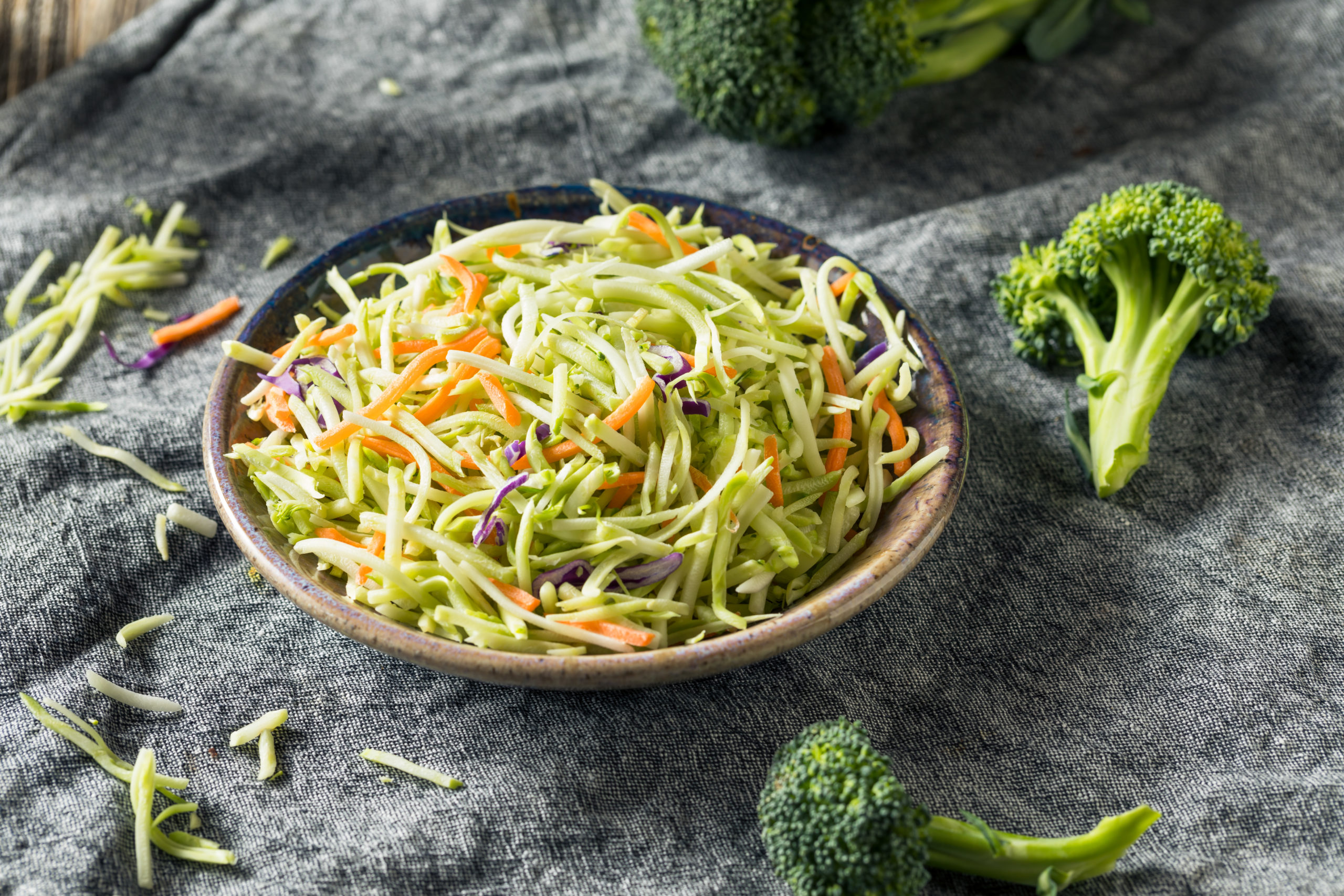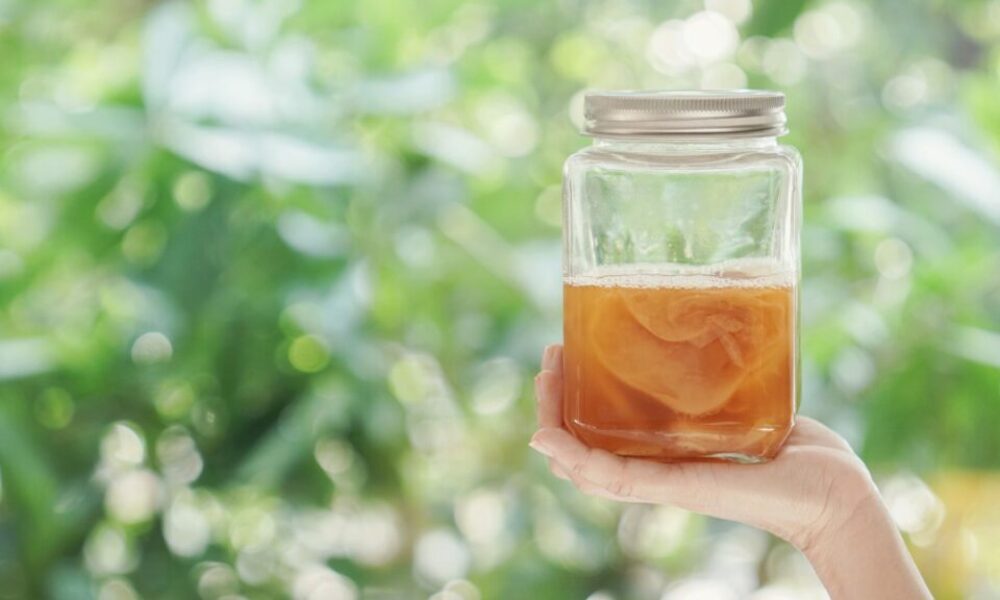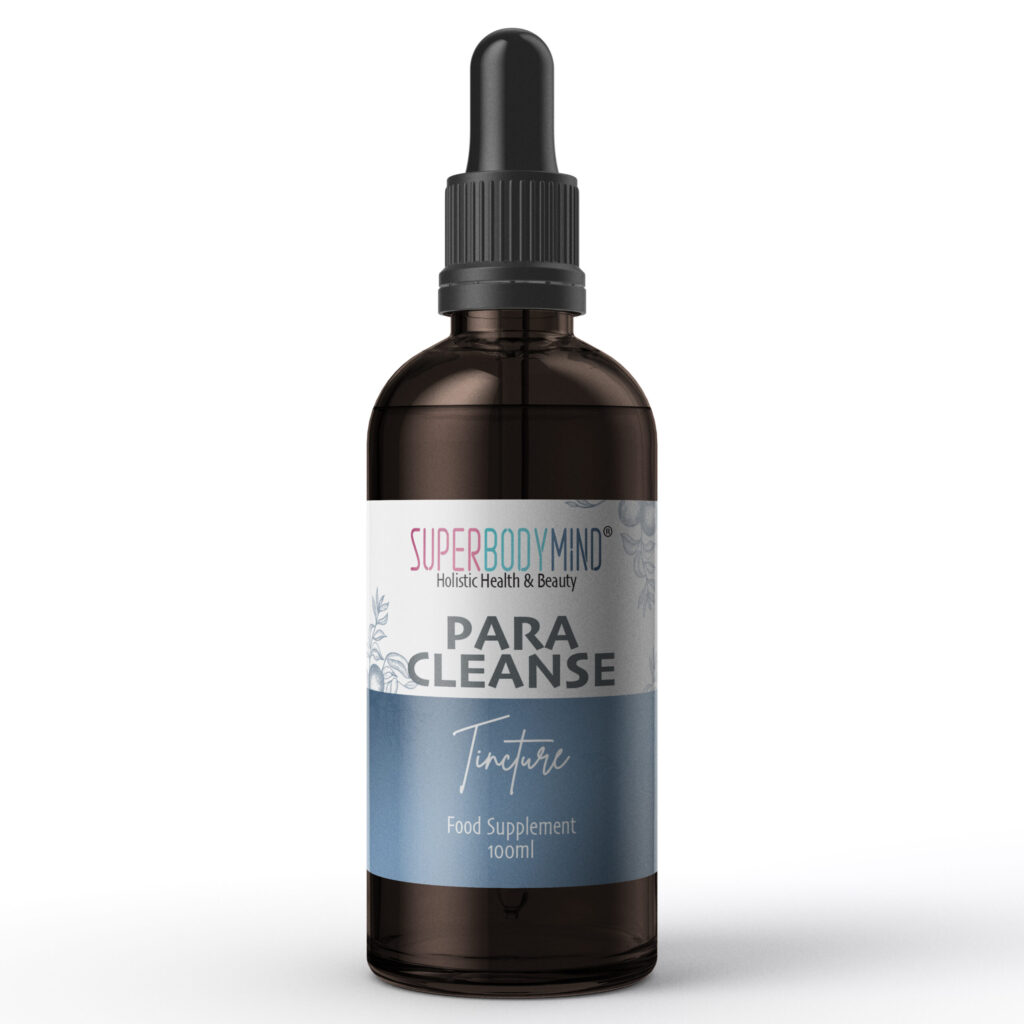How gut health affects the immune system
Share the love
THE GUT MICROBIOME
Many people are not aware of how gut health affects the immune system. The intestinal wall is the vital barrier between the gut microbiota and the body. It forms a barrier against the penetration of microbes while preserving the ability to absorb nutrients. If the gut wall is damaged a digestive condition in which bacteria and toxins are able to “leak” through the intestinal wall. The gut microbiome plays an important role in our health and well-being, nutrient and mineral absorption, it consists of microorganisms, bacteria, viruses, and fungi, and viruses that live in our gut.
Researchers at Johns Hopkins have studied how the composition of the gut changes in different diseases and how the body’s immune system interacts with the bacteria in the gut.
The gut controls 80% of your immune system.
The immune system is a network of cells and molecules that protect us from disease, it is constantly on the lookout for foreign invaders, dead or faulty cells. Once recognized the immune system clears them away. If the immune system encounters a pathogen, for instance, a bacterium, virus, or parasite, it mounts an immune response.
Researchers have discovered that the organs in the body are influenced by the gut environment, and it is important that the gut works properly to protect yourself from deadly bacterial infections. The good bacteria in our gut help to prevent the growth of harmful bacteria, and unwanted inflammation.
The latest science shows that there is a link between the foods that you eat and overall immunity. The research suggests that an unhealthy gut is linked to a number of diseases, such as depression and autoimmune disease. Luckily, many top scientists and healing experts say it is possible to improve your immune system by healing your gut naturally without medications.
We are constantly exposed to new microorganisms in our bodies through food and external environmental factors, and most people have healthy immune systems that can handle all of these invaders easily. If it didn’t, it would result in too many inflammatory responses just by coming into contact with something new. The important role of the immune system is to maintain a balance between a reaction and tolerance to these microorganisms. We need a diverse gut microbiome consisting of many types of bacteria and fungi because it tells the cells of the immune system that not everything is bad.
LEAKY GUT SYNDROME
Leaky gut is an increase in intestinal permeability, a digestive condition in which bacteria and toxins are able to “leak” through holes in the intestinal wall. The scientific evidence suggests that a leaky gut may be associated with many health problems which involve chronic inflammation and immune system issues e.g., autoimmunity and allergies
An unhealthy gut doesn’t work properly and the tight intestinal barrier that controls what gets absorbed into the bloodstream, develops large cracks or holes, allowing partially digested food, toxins, and bugs to penetrate into the body’s tissues. This causes the release of histamine in the small intestinal and the wall which leads to inflammation and disease. This inflammation also acts as a barrier and reduces the amount of nutrition being absorbed by the body.
WHAT CAUSES LEAKY GUT?
Some people are genetically susceptible to the condition and in others, diet plays a role. However, there are many other factors that can cause leaky gut:
– An unhealthy diet high in sugar, alcohol, wheat and gluten can be to blame.
– Lectins are carbohydrate-binding proteins present in plants and animals that can cause intestinal damage if eaten in large quantities over a prolonged period of time. Because of their binding properties, lectins can cause nutrient deficiencies, disrupt digestion, and cause severe intestinal damage when a person eats too much of foods containing lectins.
– Long-term use of NSAIDs like ibuprofen can increase intestinal permeability.
– Overuse of antibiotics can lead to leaky gut. Antibiotics kill infection-causing microorganisms in the body, however, they also kill the beneficial bacteria in your microbiome.
– Yeast overgrowth may contribute to leaky gut
– Stress – your brain is “hardwired” directly to your gut.
Some studies suggest that leaky gut may be associated with autoimmune diseases such as celiac disease lupus, diabetes, chron’s disease, multiple sclerosis, fibromyalgia, arthritis, allergies, asthma, and mental health problems.
Although there is enough evidence to demonstrate that leaky gut syndrome does exist, some of the claims being made are not backed by science.
A few studies have found that a proportion of autistic children have increased intestinal permeability.
HOW TO HEAL A LEAKY GUT

The first thing some doctors will advise is to remove foods known to promote changes in the gut flora and cause inflammation. The most common culprits are alcohol, processed and foods containing lectin.
– Cutting out sugar and processed carbohydrates can help you fight candida, a bacteria which thrives on sugars and carbs such as bread and pasta. It is even more important to cut back on sugar when you’re taking antibiotics!
– Probiotics can help to promote the gut bacteria in your gut, it’s important to take a probiotic supplement that contains many different species of beneficial microbes. Even better than a supplement is to eat fermented foods that naturally contain probiotics, such as yoghurt, kefir, kombucha, sauerkraut, pickles, miso, tempeh, kimchi, sourdough bread and some cheeses.
– Plant-based foods – that grow healthy gut bacteria. Include plenty of Broccoli, spinach, avocado, walnuts and olive oil
– Cut out foods containing lectins – legumes, nightshade vegetables, dairy products, grains, such as barley, quinoa, and rice.
– Add Collagen to your diet from bone broth or collagen supplements which have been proven to heal the gut. They are very rich amino acids, which can seal the holes in the lining caused by leaky gut.
Finally, try anti-stress activities daily. Take a bath, exercise, enjoy a meal with friends or try yoga and meditation. Be kind to yourself, and make time to relax and de-stress


